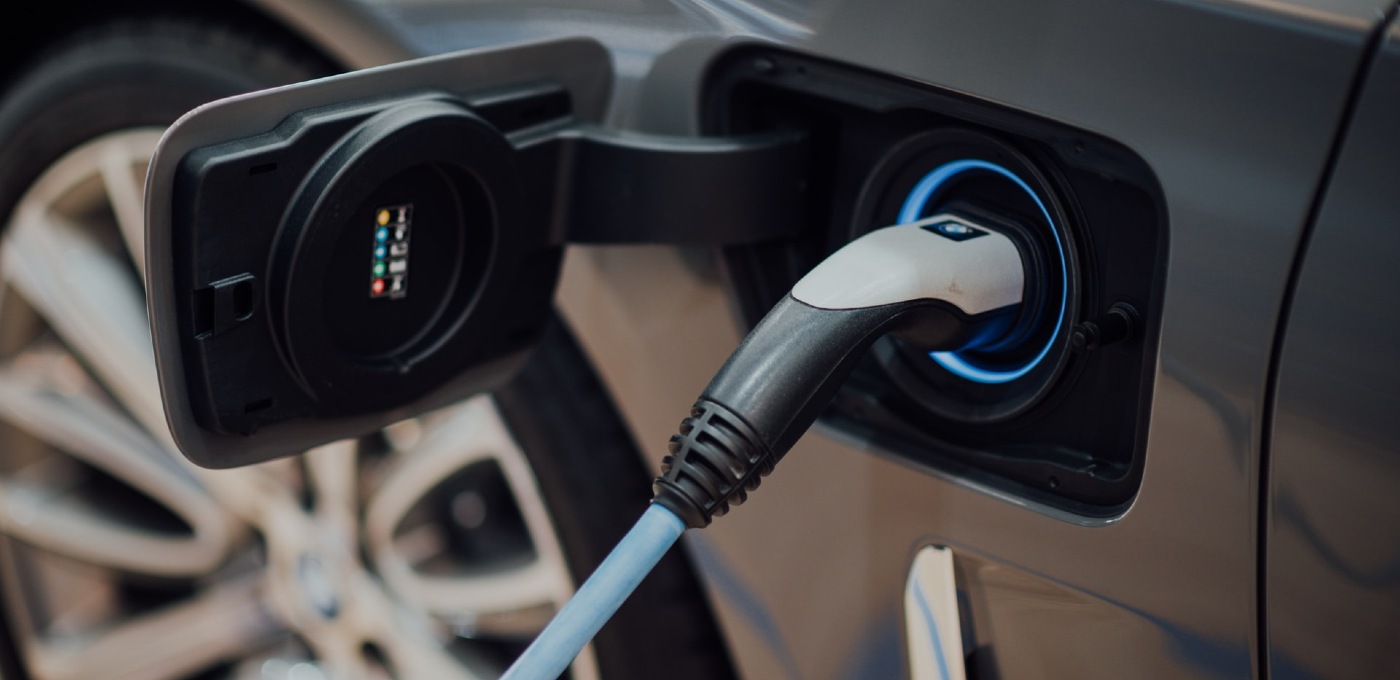The long-hypothesized ban in the UK on the sale of cars that burn fossil fuels has been officially scheduled for 2030, making it the earliest of the powerful Western economies to do so.
The ban comes into effect five years ahead of previously discussed deadlines; it would affect both gasoline and diesel-powered vehicles, and five years after that, even hybrids.
The announcement came on Wednesday from Prime Minister Boris Johnson, who said the ban would be part of a broader “green industrial revolution,” in which £12 billion ($16 billion) would be spent on other projects as well, such as a proposed quadrupling of offshore wind energy, investing in hydro and nuclear powers, making homes and offices more efficient, and more.
RELATED: This Volkswagen-Backed Startup is Building a Revolutionary Battery for Electric Cars
Although this year has taken a very different path to the one we expected, the United Kingdom is looking to the future and seizing the opportunity to build back greener,” Johnson said in a statement. “The recovery of our planet and of our economies can and must go hand-in-hand.”
Concerns about a lack of reliable infrastructure for such a dramatic overhaul in sales potential in a country where 263 automobiles are sold every hour are to be addressed with £1.2 billion ($1.59 billion) for investment in public charging stations, £582 million ($773 million) in subsidies to make certain electric vehicles cheaper, and £500 million ($664 million) in R&D for better battery technologies according to CNN.
MORE: Electric Vehicle Sales in Europe Have Smashed Through Even the Most Optimistic Forecasts
“We share government’s ambition for leadership in decarbonizing road transport and are committed to the journey,” Mike Hawes, chief executive of the Society of Motor Manufacturers and Traders, said in a statement.
SHARE The Green News from Britain on Social Media…





















I wonder what will come of it …